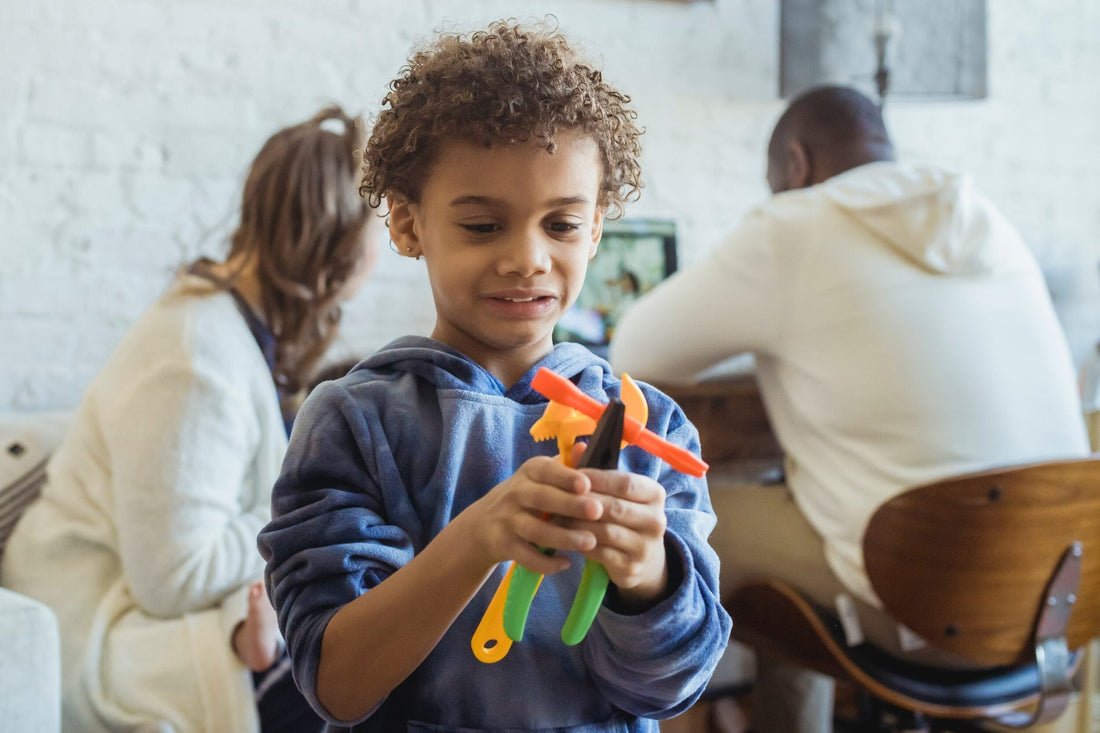
Kids Use Stories and Play to Better Understand Conflict
Share
When kids are faced with conflict, they often don't know how to react. To help your child better understand the why and how behind the conflict, you can use characters that they know well and admire.
Stories have conflict at their core, and even simple stories like nursery rhymes can be used to demonstrate what conflict is and how different people resolve it.
Kids love taking on a character in their play. Even if they don't know that's what they're doing, pretending that they're Godzilla storming a city is a form of role-play.
A simple way to help kids develop their conflict identification skills is to point out when conflict happens. For kids who are too young or have difficulty understanding verbal explanations, this may provide the necessary support for their feelings.
When we share fictional stories with our children that showcase different responses to conflict, like "The Tortoise and the Hare," which includes all sorts of types of conflict ranging from physical violence to competition-driven disagreements - we can help them understand that no one response will solve every problem!
We also need to give children options by showing some ways people handle disagreement when it happens. You can ask, "What would you do in this situation?" Then, play the parts of the people in the conflict and try on different endings.
Ultimately, the goal is to help children be more aware of their own responses and teach them how to act in different scenarios.
It's also important for parents not only to talk about conflict but to use it as a teaching opportunity with their kids, to show them that many times conflict can lead us into new opportunities!
When a disagreement or fight happens between friends, parents should ask, "What do you think went wrong?" The child then needs time (maybe an hour) before they're allowed back at playtime together.
If both sides are able to work things out effectively during this separation period without parental interference, the parent may decide if there will be future consequences. This teaches children emotional regulation skills while promoting empathy on all sides of the issue.














